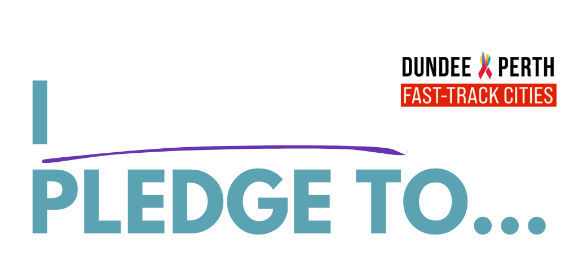Stigma
Stigma leads to people feeling diminished, devalued and dehumanised, and creates an invisible barrier to the support they need.
Three main components make up stigma: our thoughts, feelings and behaviours.
Pre-existing misinformation and prejudices lead to feelings of fear and dislike, which in turn cause behaviours that ostracise and isolate people.
We may be most familiar with Public Stigma, the negative attitudes held by the general population, we may not be so familiar with institutional or internalised stigma. Institutional stigma refers to governmental or organisational policies, procedures and laws that, perhaps unintentionally, discriminate against people with a particular characteristic.
When a person starts to believe and personally accept the negative perceptions, this is called internalised or self-stigma. Self-stigma is linked to low mood, emotional distress, low self-esteem and motivation for self care which can result in lack of engagement with the treatment and care they need to stay well.
We can all make a difference. Through education, understanding and compassion, and challenging stigma and discrimination when we see or hear it, we can eliminate it.
We are proud to work with partners in the Alcohol & Drug Partnerships to promote a culture of kindness, compassion and hope to tackle stigma and discrimination and embed trauma informed approaches across Tayside.
We support the Language Matters campaign Language Matters Dundee Drug and Alcohol Partnership ‘Alcohol and Drug Prevention Framework Online’ (dundeeadp.co.uk) which recognises the use of language can negatively impact on a person’s recovery from drug use, their personal wellbeing and also increase feelings of isolation.

